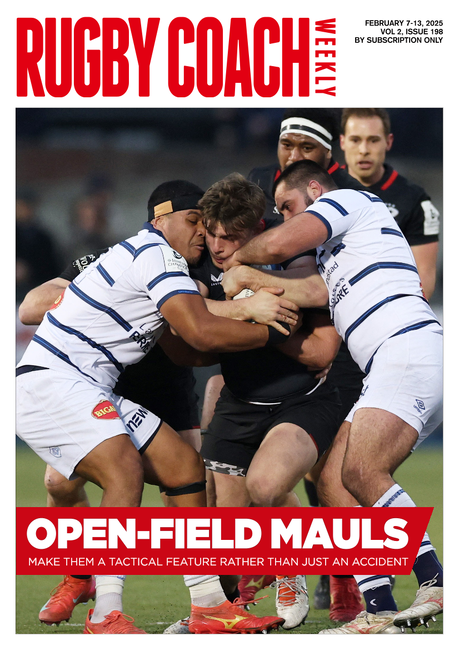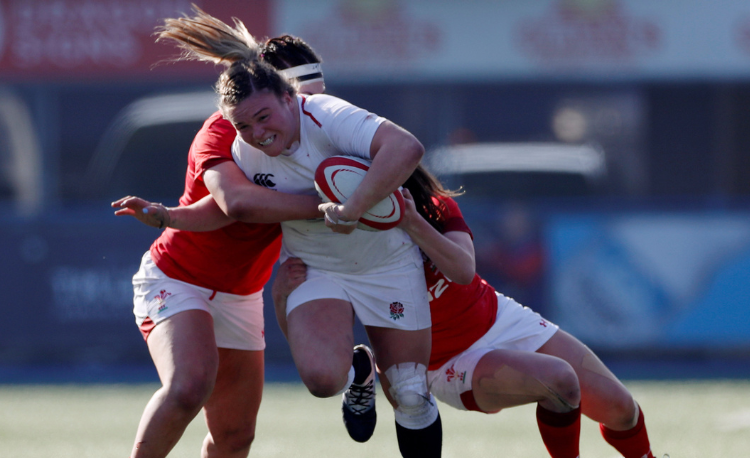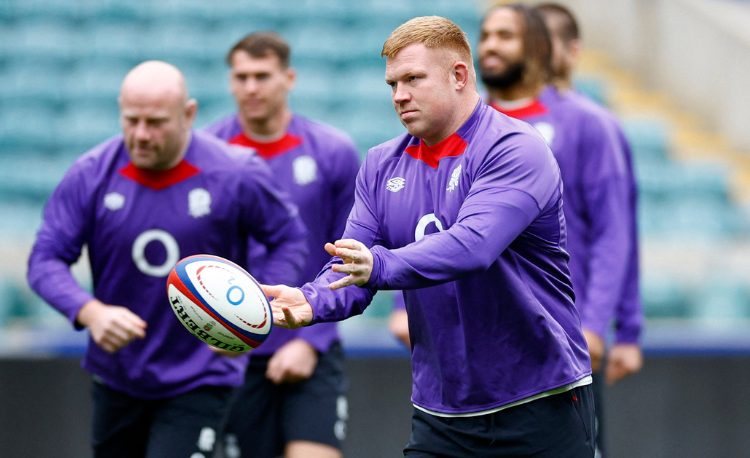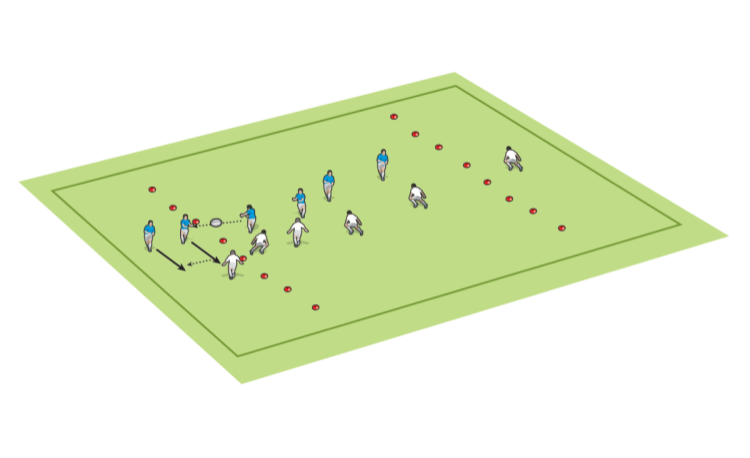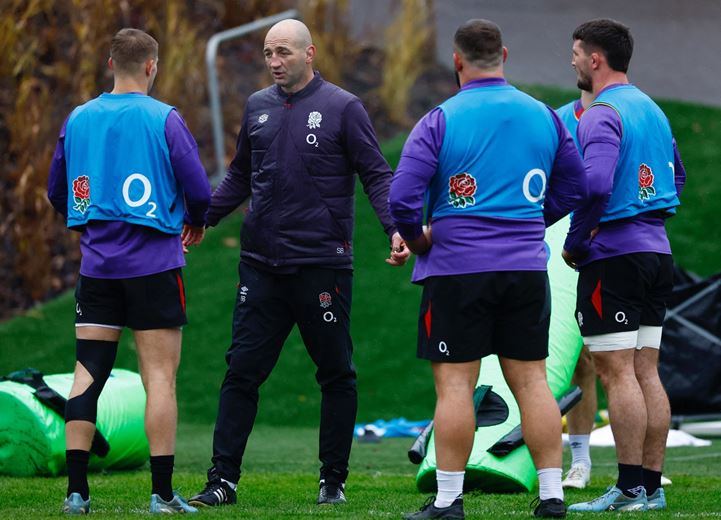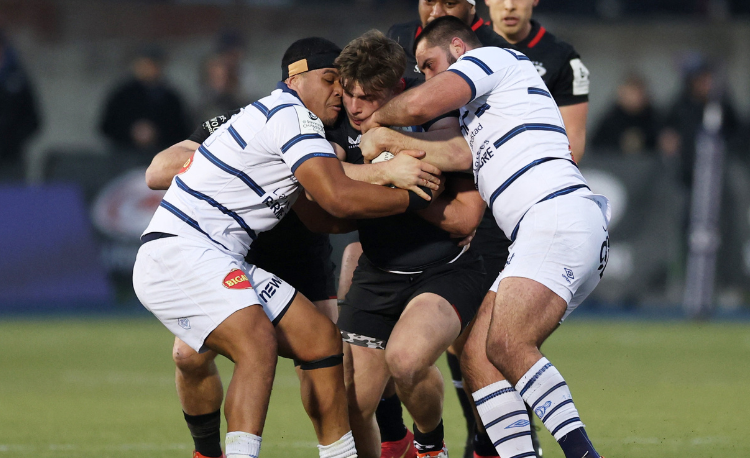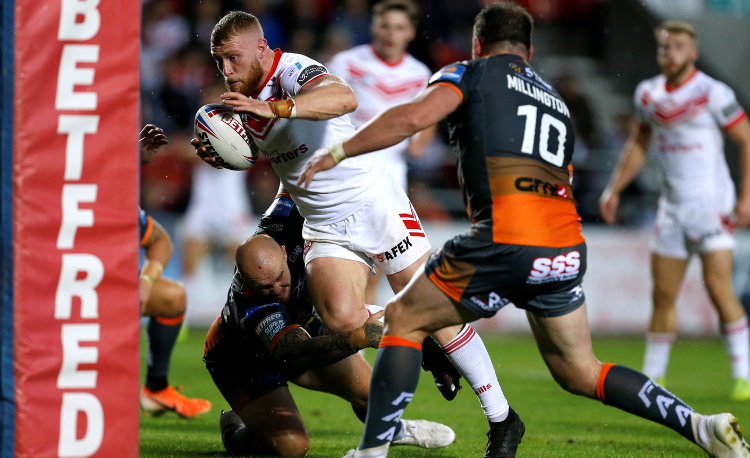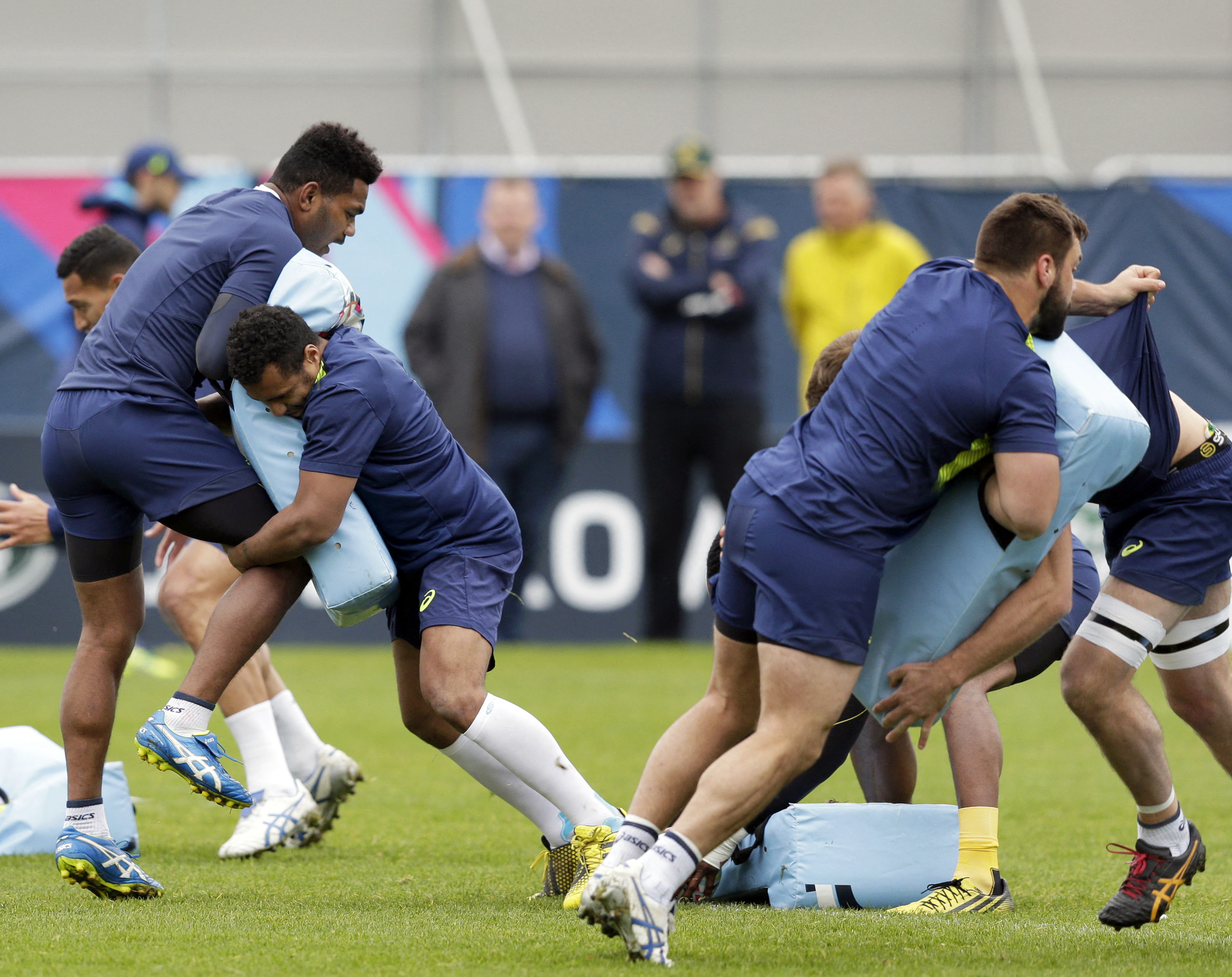What are tactics?
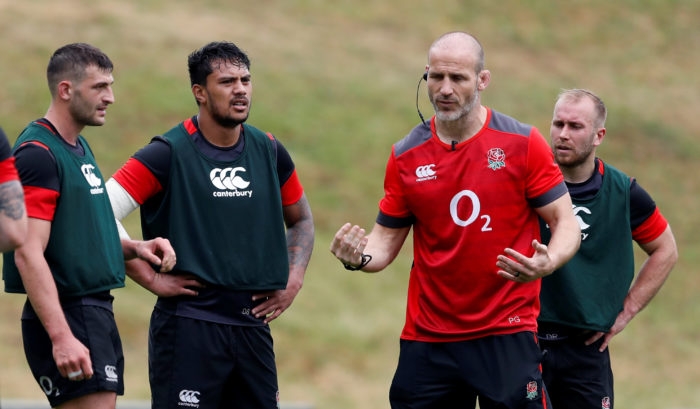
The word “tactics” is used so often that we tend to forget what it means and in the end we confuse players. Know your tactics by knowing the true meaning of the word.
01 A STRATEGY IS NOT A TACTIC
A strategy is a long-term plan to reach an objective. For instance, to win the league you might want to have a strong set piece game with good kickers. Or, you might want to be fitter than all the other teams in the league and keep the ball in hand.
The tactics are the plans for that day and that opponent. They are the specific plays you are going to use, where on the pitch and when. For instance, we are going to throw to the front of the lineout in our own 22m area.
The strategy is the reason you are going to use the tactic.
02 TECHNIQUE CAN BE A TACTIC
Tactics are executed through using the right skills. If you are looking to stretch their defence, then players will need good passing skills. Every time you practise a skill, tell the players the reason for the skill in the context of the tactic.
Sometimes a technique can be a tactic. For instance, we are going to slow down their ball by getting the second defender to the ruck past the ball in the tackle area.
03 WHEN TO USE AND WHEN TO CHANGE TACTICS
Tell players during the week what the tactical reason for an activity is. For example, you could say: “We are working on tackling low today because we want to compete for their ball and create turnovers”.
Change tactics for a match only if you have practised these things beforehand and are certain your players can cope with the change. Tactics take time to embed. They can only be adjusted gradually.
04 WHO NEEDS TO KNOW THE TACTICS?
Every player should be aware of the tactics. However, your key influencers should be an integral part of the tactical understanding. They will lead the team and give the others the confidence to implement them. If you cannot persuade the influencers to use a tactic, it should be ditched.
The tactical coach
The best tacticians recognise the strengths and weaknesses of their team before setting out a tactical template. They will modify their beliefs in what they think is the best way to play to suit the players they have. Over time, they will train the players or recruit to move towards their final plan. The best tacticians will experiment a little, adjust a little, keep what works, reject what doesn’t and continually communicate with the players. The best teams are all in on the plan.
Related Files
Vol-2-Issue-026-RCW-what-are-tactics.pdfPDF, 878 KB
Newsletter Sign Up
Coaches Testimonials

Gerald Kearney, Downtown Las Vegas Soccer Club

Paul Butler, Florida, USA

Rick Shields, Springboro, USA

Tony Green, Pierrefonds Titans, Quebec, Canada
Subscribe Today
Be a more effective, more successful rugby coach
In a recent survey 89% of subscribers said Rugby Coach Weekly makes them more confident, 91% said Rugby Coach Weekly makes them a more effective coach and 93% said Rugby Coach Weekly makes them more inspired.
Get Weekly Inspiration
All the latest techniques and approaches
Rugby Coach Weekly offers proven and easy to use rugby drills, coaching sessions, practice plans, small-sided games, warm-ups, training tips and advice.
We've been at the cutting edge of rugby coaching since we launched in 2005, creating resources for the grassroots youth coach, following best practice from around the world and insights from the professional game.


